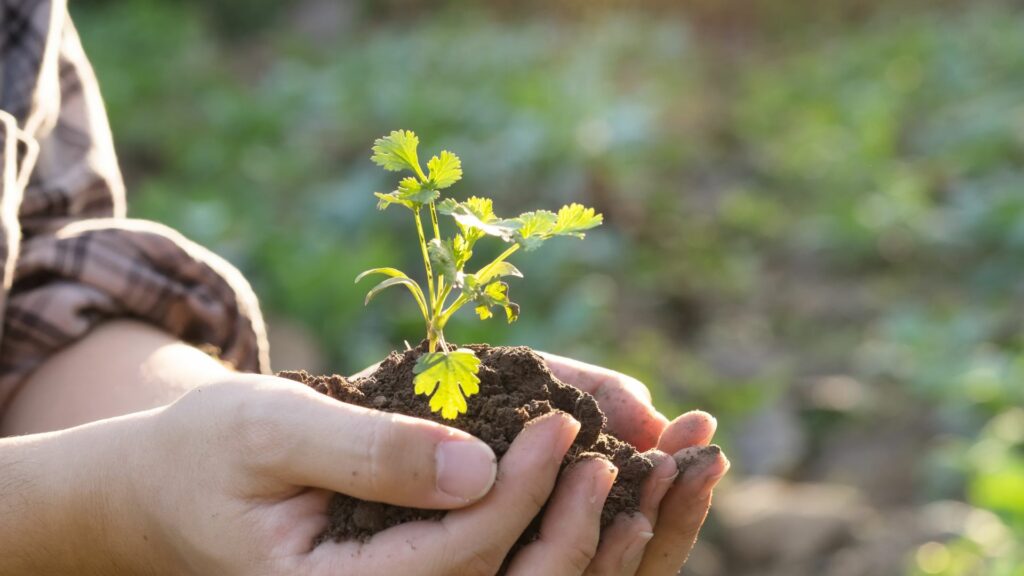What will the agriculture of tomorrow look like? Some believe that it will take the form of what is known as agroecology, an agricultural practice that focuses on the soil.
Rather than continuing to plough it, farmers instead feed the soil so it then, in turn, feeds the vegetables and cereals that grow there, meaning that agroecology does not need any pesticides or chemicals.
Marie is a young market gardener with a field, located in Anderlecht. She has been experimenting with agroecology and has enjoyed some success. "Previously, we saw the soil as a substrate where we deposited vegetables or where we cultivated,” she told RTBF. “The plant was then fed directly. Now we feed the soil instead so that the soil feeds the plant."
The soil, previously exploited and abused by conventional agriculture, is now pampered by Marie. "We try not to work the soil too much, especially at depth, so as not to deconstruct it. We avoid packing it too much with vegetables, so that there can still be some oxygen in the soil for microorganisms. We also make sure that the ground is always covered. So here, for example, we will use straw as a cover to both protect the soil, and maintain its moisture, which is very valuable in times of drought." Straw and decomposing leaves also nourish the soil. And the effects are almost immediate.
Agroecology is a solution for farmers, too
Doing agroecology on a small plot of land is one thing, but is it feasible on a large farm? In Anhée, it's been almost five years since Stany changed to this method. For 30 years, this farmer sprayed his fields with pesticides.
"I swear to you that in the past, to find an earthworm, I had to make ten holes with my pitchfork," he told RTBF. "Here and now, in a hole, you find ten. The life of the soil, in five years, has returned to its maximum."
To achieve such a result, Stany no longer ploughs his field. Instead, while waiting to plant cereals, he sowed different green plants. "There is a diversity of six or seven different plants that have been planted here with the aim of enriching the soil with organic matter," he explained.
One thing is certain now: Stany will not return to conventional farming. The process of switching to agroecology in his fields has not always been easy, but he is convinced by its benefits: "I was warned that I would suffer for two, three, even four years. Because when you cut off the food to the plants you give them every year, the soil isn't immediately ready to take over. So, the first two or three years, the meagre yields almost make you want to stop. It's been five years since I made the change. And now, it is clear we have made the right decision."

